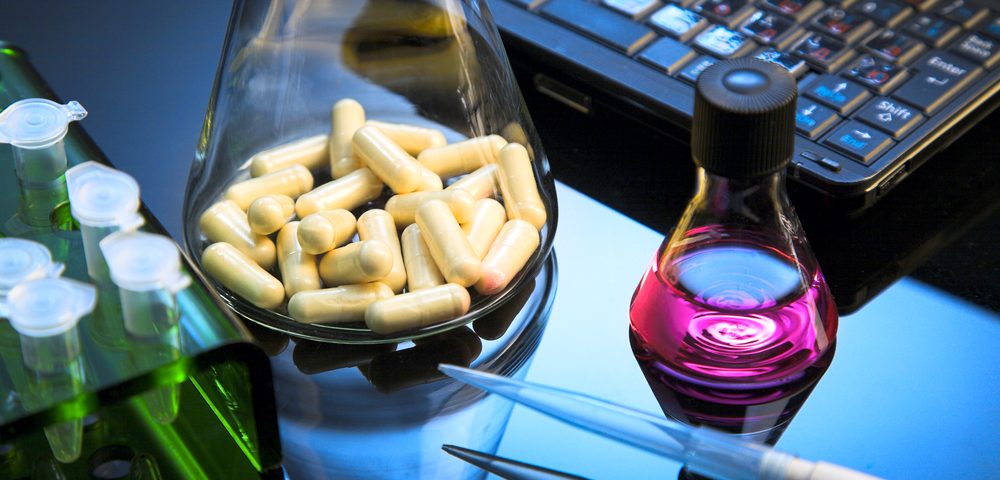Patients with advanced melanoma may benefit from an investigational new immunotherapy called IMC-20D7S, according to data from a first-in-human Phase 1 clinical trial.
The study, “An Open-Label, Dose-Escalation Phase I Study of Anti-TYRP1 Monoclonal Antibody IMC-20D7S for Patients with Relapsed or Refractory Melanoma,” published in Clinical Cancer Research, has shown that IMC-20D7S has a moderate clinical activity against melanoma, with a tolerable safety profile.
“Even though immunotherapy has significantly improved outcomes for some patients with advanced melanoma, many patients have tumors that do not respond to currently available treatments or have tumors that initially respond but then become resistant to them,” Jedd D. Wolchok, MD, PhD, the Lloyd J. Old/Virginia and Daniel K. Ludwig chair in Clinical Investigation and chief of the Melanoma and Immunotherapeutics Service at Memorial Sloan Kettering Cancer Center (MSK) in New York, said in a press release.
In recent years, researchers have been focusing on the development of monoclonal antibodies targeting a specific molecule at the surface of cancer cells, that instead of inhibiting signaling pathways required for the cancer cells, induce strong immune responses against the cells to which the antibody binds.
TYRP1 has emerged as a promising target in melanoma; it is highly expressed in melanocytes and melanoma cells, and its expression is generally stable throughout disease progression.
IMC-20D7S was developed to induce a strong immune response to TYRP1. In preclinical models, the drug has shown tumor growth inhibition in a mechanism that was dependent on natural killer cells. Given the preclinical activity of the TYRP1-directed antibody therapy, the researchers now conducted a Phase 1/1b trial of IMC-20D7S in advanced melanoma patients.
“In this study, we evaluated the safety and early clinical activity of a new anti-melanoma immunotherapy,” said Wolchok, who is also director of the Parker Institute for Cancer Immunotherapy and associate director of the Ludwig Center for Cancer Immunotherapy at MSK. “We were pleased to see that IMC-20D7S was safe and none of the patients had high-grade serious adverse events related to treatment.”
“Given that IMC-20D7S monotherapy resulted in only modest clinical activity for patients, I would anticipate that future studies will focus on evaluating agents such as this in combination with other treatments,” he added.
The open-label, dose-escalation Phase 1/1b trial (NCT01137006) enrolled 27 patients, ages 44 to 84 years, who had unresectable stage 3 or stage 4 melanoma that had progressed on or after prior treatment.
The study was designed to test different doses of IMC-20D7S in two different dosing schedules: every two weeks, or every three weeks.
The treatment induced a disease control rate of 41 percent, which was classified as having either stable disease, partial response, or complete response. One patient had a complete response that lasted nearly six months, and 10 patients had stable disease as their best response.
In terms of safety, 52 percent of patients had low-grade adverse events, the most common of which were fatigue and constipation. No patients experienced grade 3 or higher treatment-related adverse events. Therefore, a maximum tolerated dose was not determined.
“The patients enrolled in this trial were all heavily pretreated; as a result, their immune systems may not have been sufficiently robust to be reinvigorated by IMC-20D7S,” Wolchok said.
“We hope that we can increase the clinical activity of IMC-20D7S by using it in combination with other treatments or by using it as a tool to deliver chemotherapeutics or radioactive particles to the melanoma cells.”


